Is Chinese Hebei’s ZhangJiaKou the home of Roman Imperial Heritage?
The origin of this research is here: https://new.qq.com/rain/a/20200901A0OB4100
This is my exercise in translation from Chinese into English.
1. 罗马帝国正统在中国河北张家口? Is Chinese Hebei’s ZhangJiaKou the home of Roman Imperial Heritage?
|
网上流传着这么一个有趣的观点,罗马帝国现 在的正统在河北省张家口市。这样的说法是怎 么来的呢? |
There is a certain viewpoint spreading recently on the net, that the True Roman Imperial Heritage is now in the city of ZhangJiaKou, in the Chinese province of Hebei. Where has this viewpoint come from? |
|
众所周知罗马帝国作为西方文明的重要组成部 分,早在1453年就亡于奥斯曼土耳其帝国,为 什么会和远在东方的河北张家口联系上呢?让 我们来看看在网友们神奇的脑洞里,这远隔千 里的二者是如何联系在一起的呢? |
As everyone knows, the Roman Empire has made an important contribution to the Western Culture. As early as 1453 it was destroyed by the Ottoman Turkish Empire. So how can it be connected to ZhangJiaKou, Hebei, which a long way to the East. Let us have a look at the netizens' mystical mind chamber, to understand how those two infinitely far places can be connected. |
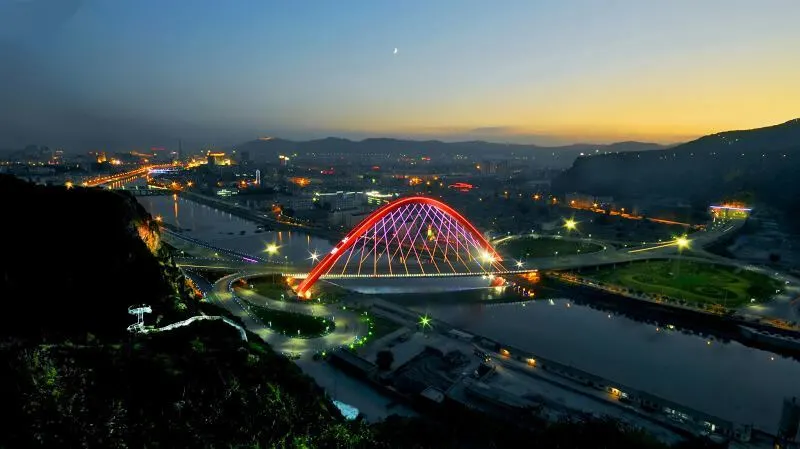
|
这个观点的源头,来自于这么一段文字: |
This viewpoint is coming from the following piece of text: |
| 罗马正统在君堡 | Roman Heritage in the Lord's City |
| 君堡正统俄国继 | Lord's City by Orthodox Rus succeeded |
| 俄国正统在鞑靼 | Russian Heritage in the Tatar |
| 鞑靼正统在蒙古 | Tatar Heritage in Mongolia |
| 蒙古正统察哈尔 | Mongol Heritage in Chahar |
| 察哈尔省会张家口 | Chahar's capital is ZhangJiaKou |
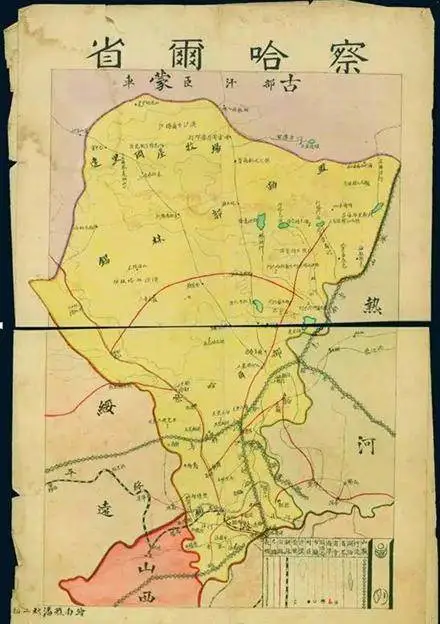
|
这种网友们的论证,看起来似乎层层推进,逻 辑严谨,毫无指摘之处。那么到底有没有道理 呢?让我们顺着其中逻辑关系,盘一盘其中门 道吧。 |
The reasoning of those netizens, seemingly, advances in a layer after layer manner, strictly logical, with no step omitted. After all, is there truth in it? Let us follow those logical connections, move after move. |
1.1. 罗马正统在君堡 Roman Heritage in Lord’s City
| 罗马正统在君堡 | Roman Heritage in Lord's City |
|
罗马帝国兴起于罗马城,据传古城的建立者罗 慕路斯兄弟是战神马尔斯的儿子,二人小时候 由一头母狼的乳汁喂养长大的,所以至今罗马 城内还有着母狼哺育两个儿童的雕像。 |
The Roman Empire arises from the city of Rome. The rumor says that that the founders of the ancient city, Romulus brothers, were the sons of Mars, the God of War; both when they were small, were fed she-wolf milk, until they grew, and even today, in Rome there is a sculpture of a she-wolf feeding two babies. |
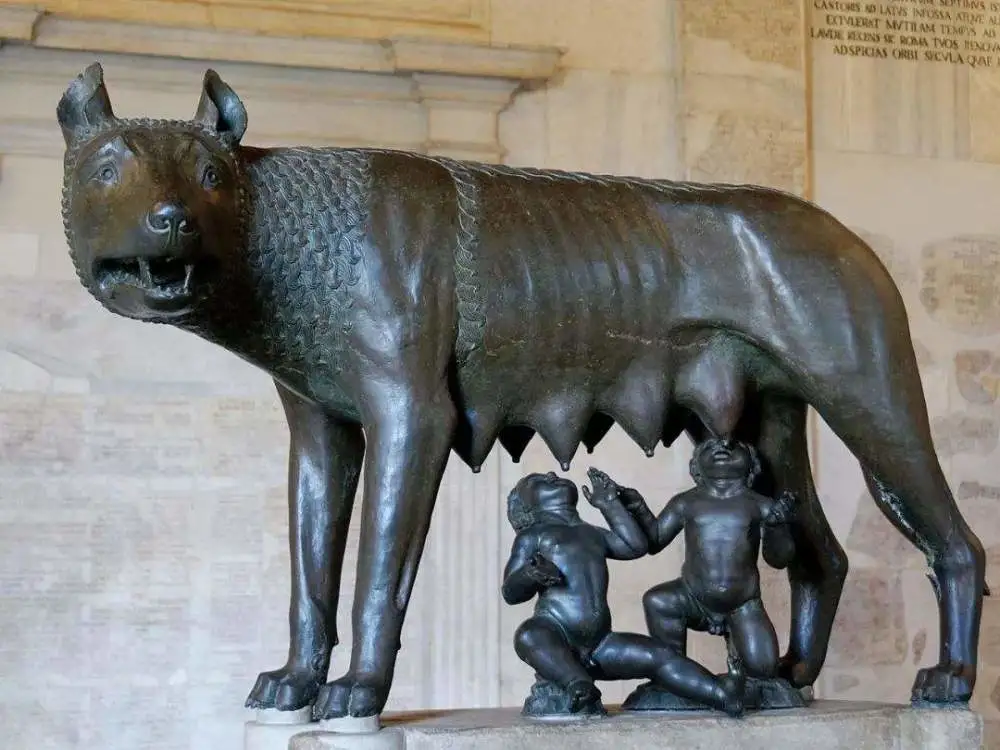
|
罗马共和国时期征服了地中海大部,建立起了 一个以地中海为内海的伟大国家。 |
Rome, in the Republican period, conquered most of the Mediterranian, established a great country with the Mediterranean sea as it's enclosed sea. |
|
公元前27年元老院授予恺撒的继承人屋大维“ 奥古斯都”的尊号,屋大维成为罗马帝国的第 一位皇帝,罗马从此进入了帝国时代。 |
27 BC, The Senate awarded Caesar's successor Octavian the title of "August", and Octavian became the first Roman Emperor, and Rome entered its empirial period. |
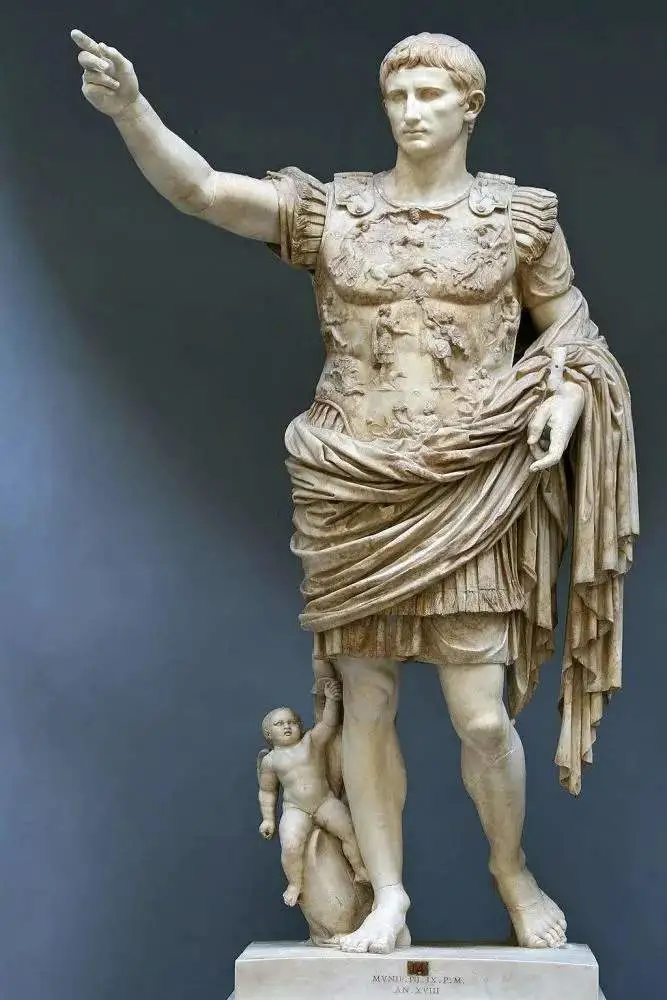
|
公元395年,罗马帝国分裂为东西两部分,但 是西罗马帝国在476年被蛮族日耳曼人攻灭, 废黜西罗马皇帝的日耳曼人宣誓效忠于东罗马 。 |
In 395 AD, Roman Empire split into the Eastern and Western parts, but Western Roman Empire in 476 AD was defeated by Germanic Barbarians, and the Germanic tribes' deposed the West Roman Emperor and took the oath of fealty to the East Rome. |
|
于是罗马帝国只剩下了东罗马帝国(又称拜占 庭帝国)一个火种。 |
Thereupon the only Roman Empire left was Eastern Rome Empire (also called Bysantine Empire), the only heir. |
|
而东罗马帝国的都城在君士坦丁堡(今土耳其 伊斯坦布尔),这里便是罗马正统在君堡的来 历了。 |
Moreover, the Eastern Roman Empire's capital Constantinople (present day Turkish Istanbul) is that "Lord's City" origin. |
1.2. 君堡正统俄国继 “Lord’s City was succeded by Rus”
|
西罗马帝国灭亡后,东罗马帝国成为了罗马帝 国实际意义上的继承者。 |
After the destruction of the Western Roman Empire, the Eastern Roman Empire became the true ideological successor to the Roman Empire. |
|
只可惜14世纪奥斯曼土耳其崛起,于1453年攻 陷君士坦丁堡,东罗马帝国灭亡。 |
Unfortunately, in the 14th centure, Ottoman Turks sudenly appeared on the horizon, and in 1453 they assault Constantinople, and Eastern Roman Empire is no more. |
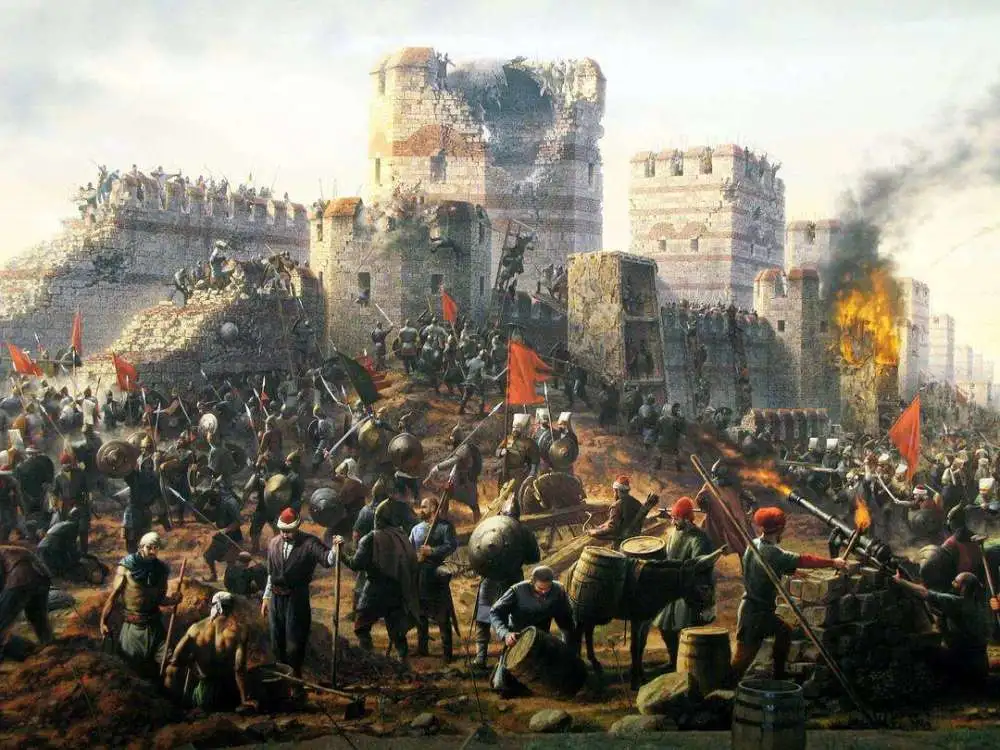
|
奥斯曼土耳其攻灭东罗马后,宣称自己是东罗 马帝国的继承者,然而大家都知道,奥斯曼帝 国是信仰伊斯兰教的土耳其人,从宗教、文化 及种族方面,跟东罗马帝国没半毛钱关系。 |
After the Ottoman Turks have extinguished the Eastern Rome, they proclaimed tthemselves to be the successors to Rome, however, everyone knows that the Ottoman Empire consists of believing in Islam Turks, so from the cultural and ethnic perspective, has nothing in common with Rome. |
|
况且他们还宣称自己是突厥帝国的继承人呢, 这种说法,自然是无法令人信服的。 |
Moreover, they also claim to be the successors of the Turkic Empire, so naturally, nobody would belive them. |
|
那为什么俄国自称是东罗马的继承呢? |
So why is Russia the successor of East Rome? |
|
原来1473年莫斯科大公伊凡三世娶了拜占廷帝 国的索菲娅·帕列奥罗格公主,所以俄国宣称 自己继承了东罗马正统。 |
Originally, in 1473, the Grand Duke of Moscow, Ivan the Third, married Sofia Paleologos, the Bysantine princess. Because of his, Russia claimed itself to be the successor to the East Roman heritage. |
|
欧洲各国的法理继承和中国不同,只要有血缘 关系,都是有继承权的,所以欧洲各国有很多 女儿,甚至外甥继承王位的例子。 |
In Europe, the inheritance law of every country is dissimilar to that of China, and only requires blood relationship to have some rights to inherit. Therefore, in Europe, daughters, and even maternal nephews sometimes get to inherit the crown. |
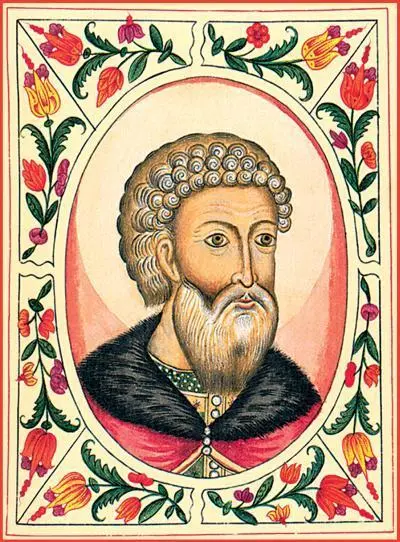
|
和索菲娅公主一起来到莫斯科的,还有东罗马 帝国的双头鹰标志,以及东罗马国教东正教。 |
Together with Sofia, to Moscow arrived the Two-Headed Eagle, the symbol of the Eastern Roman Empire, and the Roman Faith, the Orthodox Faith. |
|
双头鹰标志至今还存在于俄罗斯国徽上;而俄 罗斯目前仍是全球东正教的中心。 |
The Two-Headed Eagle even today is on the State Coat of Arms of Russia. And Russia still is the world center of the Orthodox Faith. |
|
1547年东正教大主教为莫斯科大公伊凡四世加 冕为帝,称沙皇。 |
In 1547 the Orthodox Patriarch crowned the Grand Duke of Moscow Ivan the Fourth as the Emperor, also called Tsar. |
|
在东罗马帝国时期,东罗马帝国皇帝被称为恺 撒,转化成俄语,便是沙皇。 |
In the times of the East Roman Empire, the Emperor was called Caesar, which, when pronounced in Russian, sounds like Tsar. |
|
沙俄此举就是表明自己是东罗马的正统继承者 ,甚至还以“第三罗马”自居。 |
This way Tsarist Russia expressed its own inheritance and succession of the Eastern Rome, and even called itself "The Third Rome". |
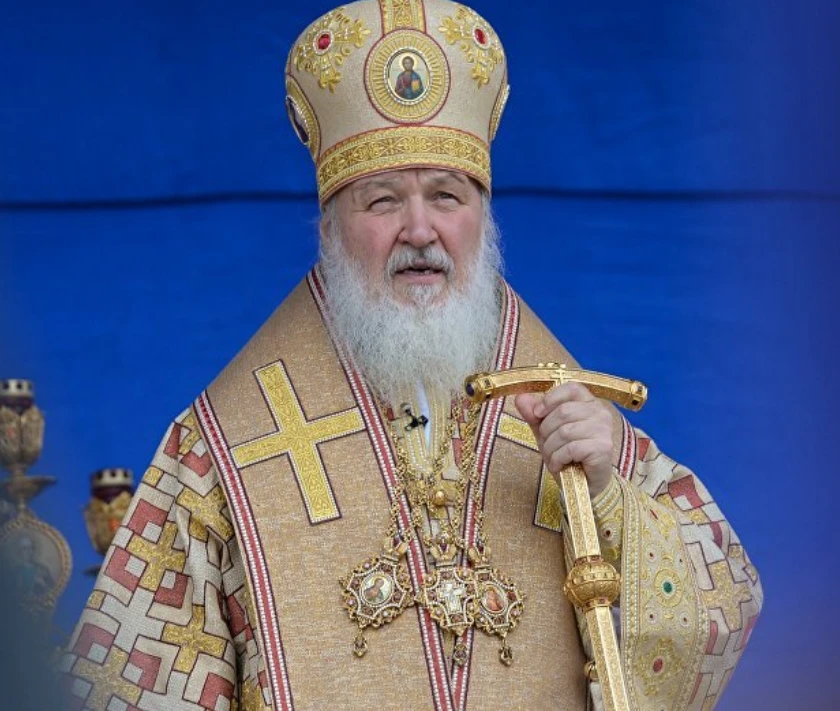
|
所以,君堡正统俄国继,似乎也没有什么不妥 的。 |
Therefore, there is also almost nothing implausible in the stance "Lord's City by Orthodox Rus succeeded" |
|
俄国正统在鞑靼,鞑靼正统在蒙古 |
"Russia was succeeded by the Tatar, and Tatar was succeeded by Mongol" |
|
西方流传着这么一句谚语,剥开一个俄罗斯人 ,你会发现一个鞑靼人。 |
Western speakers interpret this saying like this: peel the skin off a Russian man and you will find a Tatar. |
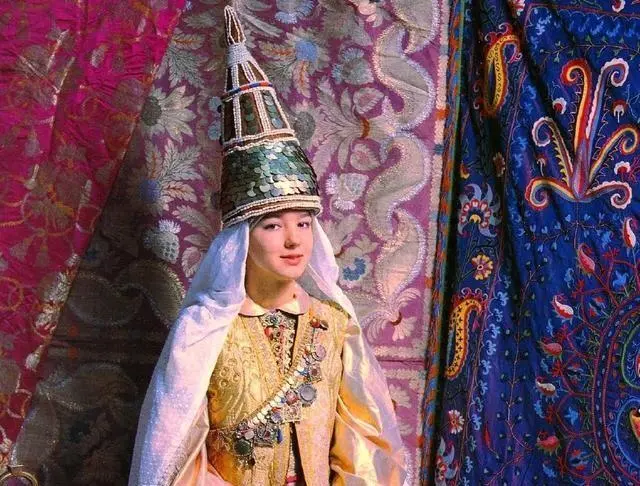
|
鞑靼人在西方是蒙古人及蒙古人与当地人融合 后的后裔的统称。 |
In the West, "Tatars" is a name given to the decendants of mongols, as well as other peoples living in the same land. |
|
那么为什么俄罗斯人剥开后会是蒙古人呢? |
Then why would peeling the skin off a Russian give you a mongol? |
|
这就要从历史上面积最大的帝国——蒙古帝国说 起了。 |
Let us start from the fact that historically, Mongolian Empire had the biggers area ever achieved. |
|
成吉思汗有四个儿子,他们的后裔后来因为蒙 古大汗之位发生争执,蒙古帝国分裂出四大帝 国,分别是金帐汗国(又称钦察汗国),察合 台汗国、窝阔台汗国、伊利汗国(又称伊尔汗 国)。 |
Zhenghis Khan had four children, and when the time to inherit the Grand Khan title came, a conflict arose, and Mongolian Empire was divided into four empires, called the "Golden Horde" ( Also called the Kipchak Khanate), the Chagatai Khanate, the House of Ögedei, and the Ilkhanate (also called Iranzamin). |
|
四个汗国都奉入主中原的元朝为主,但是各自 之间矛盾不断,常有战争。 |
All the four khanates recognized the Chinese Yuan dynasty's seniority, but among themselves they incessantly conflicted, and often warred. |
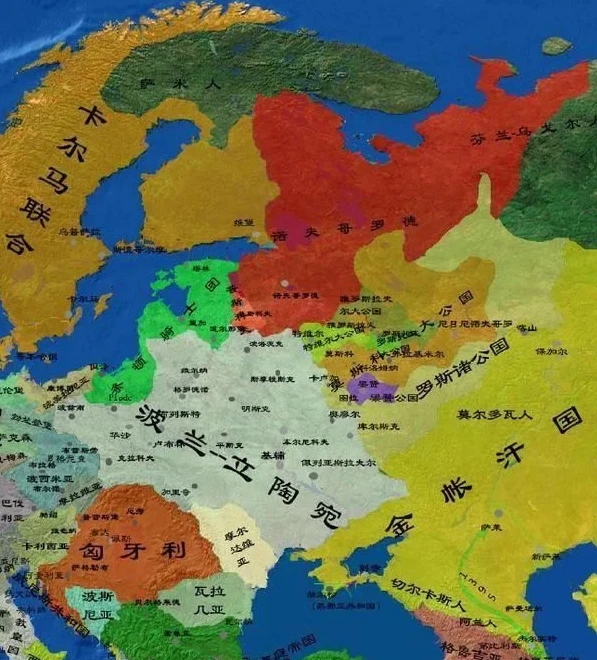
|
此时的俄罗斯地区,便是在金帐汗国统治之下 。 |
This time Russian territory was under in Golden Horde's sphere of domination. |
|
但是蒙古人口有限,很多事务都交给当地贵族 管理。 |
But since the manpower of the Golden Horde was limited, many government affairs were oursourced to the local nobility. |
|
俄罗斯帝国的先祖,绰号钱包的莫斯科大公伊 凡一世在金帐汗国大汗的支持下,获得了全俄 罗斯地区的收税权。 |
The Russian founding father, nicknamed Kalita, was Ivan the First, Duke of Moscow, according to the order of the Great Khan, obtained the privilege to levy taxes from all of Russia. |
|
依靠收税权这份肥差,莫斯科大公势力迅速壮 大,并在大汗的支持下,成为了俄罗斯地区的 实际统治者。 |
Obtaining this very lucrative position, the Grand Duke of Moscow swiftly started accumulating strength, and with the Grand Knan's support, became the unifier and the real ruler of all of Russian lands. |
|
14世纪末期,金帐汗国逐渐衰落。 |
By the end of the 14th century, gradually, the Golden Horde was steadily declining. |
|
1480年,莫斯科公国最终击败大汗,从蒙古人 的统治下独立出来。 |
In 1480, the Dutchy of Moscow finally defeated the Grand Khan, and obtained independence from the Mongolian domination. |
|
从1240年到1480年,蒙古人对俄罗斯地区进行 了长达240年的统治。 |
From 1240 to 1480, for the whoopping 240 years, the Mongols dominated over the Russian Land. |
|
大量俄罗斯上层贵族同蒙古贵族通婚,据统计 ,当年在俄国具备蒙古血统的大公足足有九十 二个之多,他们产生了三百多个贵族姓氏。 |
Many high-ranking Russian nobles married Mongolian nobles, according to the statistics, during that period, as many as 92 Grand Dukes were related to the Mongols via blood ties, and as many as 300 family names in Rissia are due to those family links. |
|
而蒙古人以及随蒙古人出征来到俄罗斯地区的 各族人和当地人融合的后裔,也孕育出鞑靼等 多个俄罗斯民族。 |
Moreover, Mongols, as well as many non-Mongols fighting on their side, came to the Russian Lands and left offsprings with the natives, thereby giving birth to the tatars, as well as many other ethnicities inhabiting Russia. |
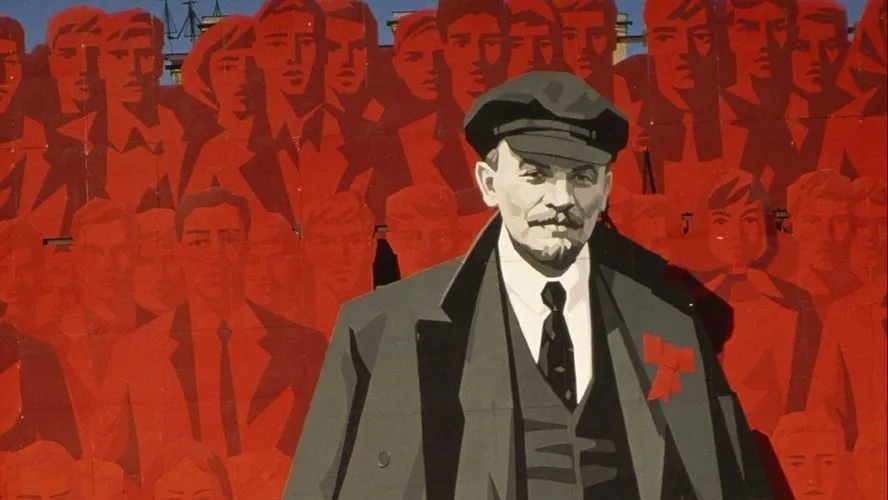
|
苏联革命导师列宁的奶奶是卡尔梅克人,和当 年东归的土尔扈特部蒙古,是同一支蒙古部落 。 |
The leader of the Soviet Revolution, Lenin's grandma (from his mother's side), was a Kalmyk, which means that he belong to the same branch of the Mongolian tribes, as the "Tu Er Hu" tribe, which migrated to the East the same year. |
|
而苏联领导人斯大林的母亲也同样有着蒙古血 统。 |
Moreover, Stalin, the Soviet Union leader, had a mother, who was also, related by blood to the Mongols. |
|
据说每七个俄罗斯人,就有一个人有蒙古人的 血统。 |
They say that as many as one in seven Russians has blood links to the Mongols. |
|
所以我们会看到很多苏联领导人的样貌,都多 少有一些东方人的特征 |
Therefore, considering Soviet leadership looks, we can see that all have at least a little bit of Eastern facial features. |
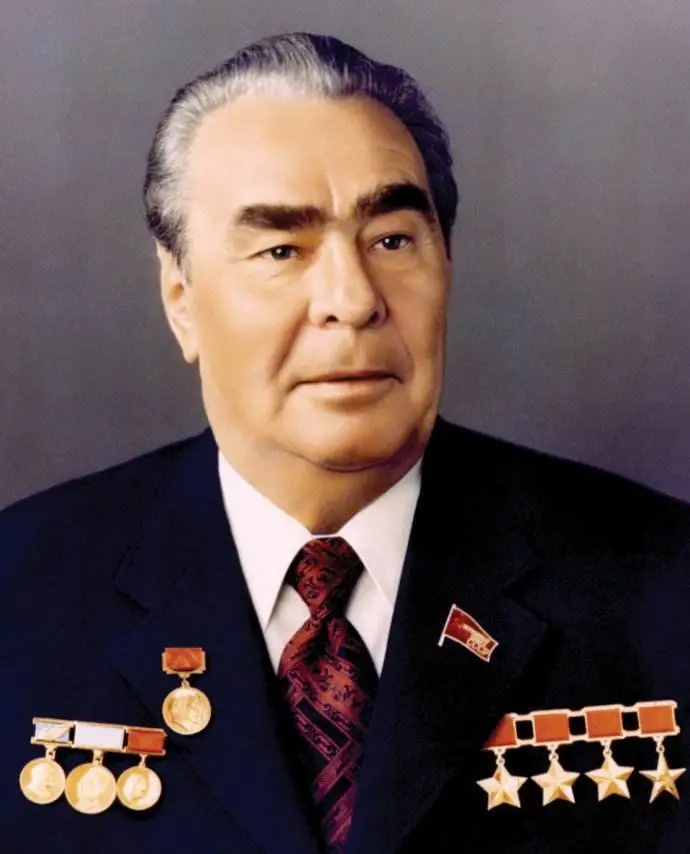
|
俄罗斯的建立以及统治制度,都深受蒙古金帐 汗国的影响。 |
Russian establishment, as well at the political system, in no small measure were created under the influence of the Mongolian Golden Horde Khanate. |
|
但是经过百年的延续,目前俄罗斯主体还是以 斯拉夫人为主,蒙古血统虽然存在,但是影响 力和存在感,是十分微弱的。 |
However, after hundreds of years have passed, presently Russia is still mainly a Slavic country, and while the Mongolian blood is still present, its influence must have weaked about tenfold. |
|
就好像我们汉族其实也融合了大量匈奴鲜卑突 厥契丹等民族的血脉,但是不能说我们就是匈 奴鲜卑等民族的后代吧。 |
Just like us, the Han people, as in fact we also have a lot of foreign blood floating in our veins, including the Huns, the Xianbei, the Turks, the Khitans. Still, nobody is claiming that we are "just" the descendants of the Huns, the Xianbei, and the like. |
|
所以说俄国正统在鞑靼,鞑靼正统在蒙古,在 一定意义上是说得通的,但是牵强附会的意义 更大。 |
Therefore, saying that the Russian heritage is in the Tatars, the Tatar heritage is in the Mongols, in some sense is saying the same thing, although, maybe that's just a little bit more of a stretch. |
1.3. 蒙古正统察哈尔,察哈尔省会张家口 Mongolian heritage is in Chahar, and Chahar’s capital is ZhangJiaKou
|
那蒙古又是如何和察哈尔省会张家口联系上的 呢? |
But what is the connection between Mongolia and ZhangJiaKou, the Chahar's provincial capital? |
|
察哈尔省是民国时期的一个省,省会在今天的 张家口市桥西区,下辖今天内蒙古中部东部, 河北及山西省北部地区。 |
The province of Chahar existed during the times of the Republic of China, with its provincial capital located at the present QiaoXi district of the ZhangJiaKou city, and administered the area corresponding to the present Inner Mongolia's center and east, the present Hebei province, and the present northern Shanxi. |
|
而察哈尔省名字则是源于清朝时期的蒙古察哈 尔部。 |
Moreover, the name Chahar comes from the Qing Dynasty time prefecture in Mongolia, called Chahar. |
|
察哈尔一词源于波斯语,其意为“家人”、“奴 仆”、“卫士”、“宫殿卫队”之意。 |
The word "Chahar" itself comes from the Persian language, and its meaning is something like "family members", "servants", "bodyguards", "palace guards". |
|
成吉思汗生前把以“察哈尔”命名的自己一部分 家人和贴身仆人赐给幼子拖雷之妻。 |
During the life of Dzhenghis Khan, the name "Chahar" was used by some of the family members and close servants, attributed to the wife of the infant Tolui, the fourth son of Dzhenghis Khan. (was the wife infant, or Tolui himself?) |
|
北元时期,察哈尔成为了就是蒙古大汗的直属 部落的名字。 |
During the Northern Yuan period, "Chahar" became just the name of the tribe directly subservient to Grand Khan. |
|
从此,察哈尔部就和成吉思汗直系后裔黄金家 族一样,成为了蒙古宗主的代表。 |
Since then, "Chahar" was associated with the direct descendants of the Dzhanghis Knah, sometimes called the "Golden Klan", who were the rulers of Mongolia. |
|
1634年,察哈尔部首领,蒙古末代大汗林丹汗 死于青海。 |
In 1634, the head of Chahar, the last Mongolian Grand Khan, Ligden Khan, died in Qinghai. |
|
其子额哲于次年投降满洲后金,皇太极封其为 察哈尔亲王,将次女固伦温庄长公主马喀塔嫁 给了他。 |
Next year his son Ejei capitulated before the Machu dynasty of Later Jin, and the Manchu Khan Hong TaiJi gave him the title of the "Prince of Chahar", and made his own daughter, Makata, titled Princess WenZhuang, his wife. |
|
1636年,蒙古各部会聚沈阳,承认皇太极为汗 。 |
In 1636, all-Mongolian council convened in Shenyang, and regognized Hong Taiji as the next Khan. |
|
从此,清朝皇帝就兼任了蒙古大汗。 |
Since then, the Qing Dynasty Emperors became at the same time the Mongolian Khan. |
|
康熙时期,察哈尔部被清廷迁至后来的察哈尔 省地区安置。 |
During the period of Emperor Kangxi of the Qing dynasty,the Court of Chahar was moved to a more suitable place, which happended to be at the territory of the later Chahar province. |
|
察哈尔省便是来源于此。 |
This is exactly where the name Chahar comes from. |
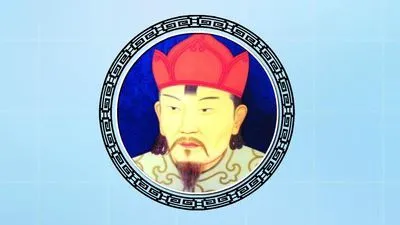
|
如此看来,所谓的蒙古正统察哈尔,察哈尔省 会张家口,倒是挺有道理的。 |
Looking at the story from this angle, the so-called "Mongolian Heritage is in Chahar", "Chahar's capital is ZhangJiaKou" finally starts making sense. |
1.4. 戏谈历史 Playful conversation about history.
|
整个逻辑链条捋下来,前后两端都是毫无破绽 的,只是中间俄罗斯和蒙古的所谓正统,太过 于牵强了。 |
Walking along all the chain of logical inferences, from one end to another, it doesn't seem possible to find a single weak link, except that so-called Russian to Mongolian inheritance, which seems too much of a stretch. |
|
所以,以后大家听到如此的戏闻,只当是玩笑 ,切莫当真了。 |
Therefore, those who managed to read this anecdote this far, and pretend to be not smiling, it's your turn now. |
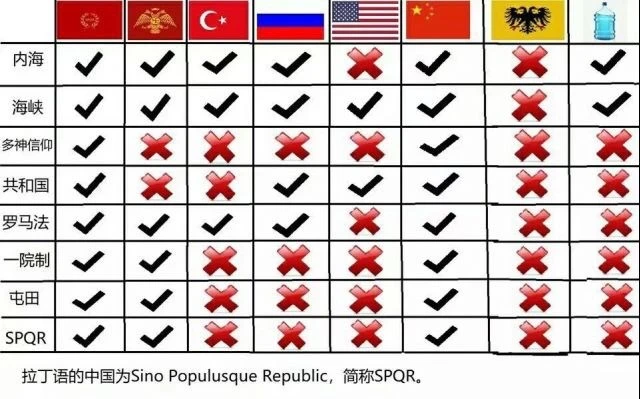
|
当然历史方面有很多类似的戏谈,粗略看起来 ,挺有道理,但是细究起来,很多逻辑破绽。 |
Of course, there are many anecdotes about history, which, judging inaccurately, may seem to make a lot of sense, but, when scrutinised carefully, most of the logic fails apart. |
| 很多时候,大家不必当真。 | Most of the time, we need to be wary. |
|
当然,也大可不必因为这些戏闻痛心疾首,毕 竟如果通过对这些戏谈的研究,能够了解更多 的历史知识和趣闻,何乐而不为呢? |
Of course, it is not necessary to make your heart burn because of a historical anecdote, after all, if an anecdate made you do some historical research, understand history some more, and get some more knowledge (even if of dubious utility), isn't it worth it, after all? |